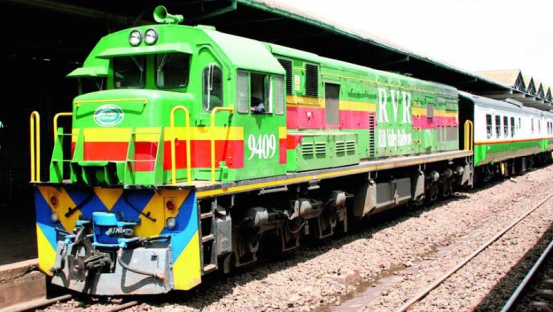×
The Standard e-Paper
Kenya’s Boldest Voice

Rift Valley Railways (RVR) has been like the proverbial black hole where investments are irretrievably lost. Every firm that has put money into the concessionaire has a story to tell of losses that usually run into billions of shillings.
The latest victim is Qalaa Holdings, the Egyptian investment firm that bought a 17 per cent stake in 2009 and increased it to a controlling 51 per cent in 2010 — growing it to 85 per cent in 2014.